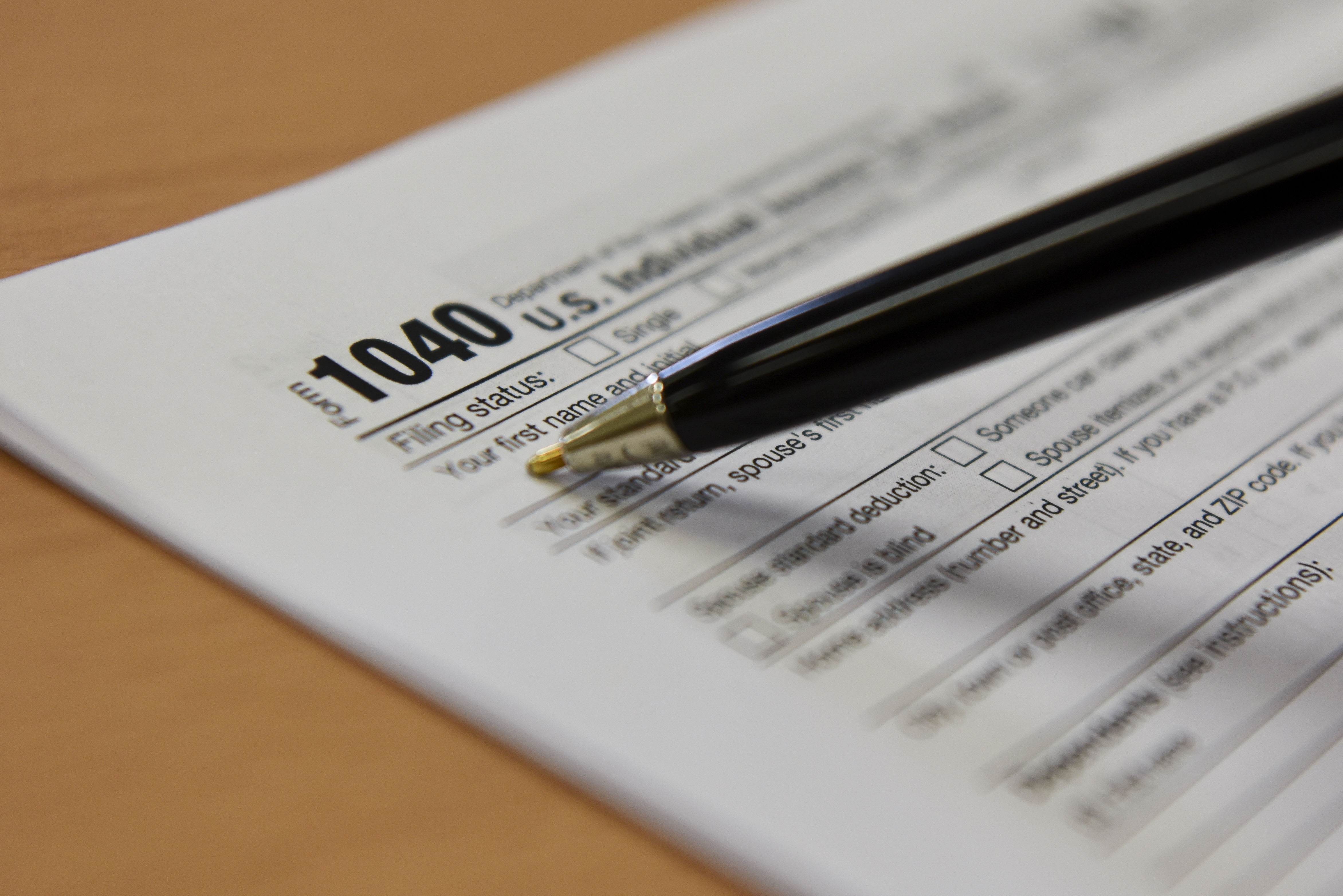Are you thinking of hiring a property management company? Then you need to ask the right kind of questions. With the right questions, you stand a high chance of selecting an efficient, effective and reputable property management company. Here are […]
read more
Buying an Investment Property
Do I Need Asset Protection for My Rental Properties?
What Is Real Estate Asset Protection? Asset protection in real estate is exactly what you’d expect: it protects you and your investments incase any unfortunate situations arise. The last thing any investor wants after spending his or her hard earned money […]
read more
read more
Why Consider A 1031 Tax Exchange?
When you are selling an investment property can be subject to taxation. Those taxes can add up quickly depending on the type of property, how long it was owned, state taxes, capital gains, depreciation and the owner’s tax bracket. As […]
read more
read more
5 Things You Should Know Before Investing in a Turnkey Property
What is Turnkey Investing? At its core, turnkey real estate investing is where you buy already rehabbed, tenant-filled, managed properties that are producing positive cash flow. A lot of the extra work that goes into real estate investing is cut […]
read more
read more
Fannie Mae Reserve Requirements for Investors with Multiple Properties Owned
What Are Reserves? Reserves are liquid or near liquid assets that are available to a borrower after the mortgage closes. On every loan transaction, reserves are required to be verified as part of the approval process. Acceptable sources or reserves […]
read more
read more
What is NOI in Real Estate?
NOI in real estate is one of several metrics used by investors to determine how profitable a property is. Most frequently, net operating income is a benchmark used by investors to determine the amount of cash flow and profitability of a potential [...]
read more
IRS Revenue procedure regarding Section 199A, it affects you and how you calculate your taxes.
Once again IRS revenue procedures have been updated. In this case, the changes relate to businesses. These savings may be garnered with an additional deduction of up to 20% of the taxpayers qualified business income, for non-corporate taxpayers, operating through […]
read more
read more













